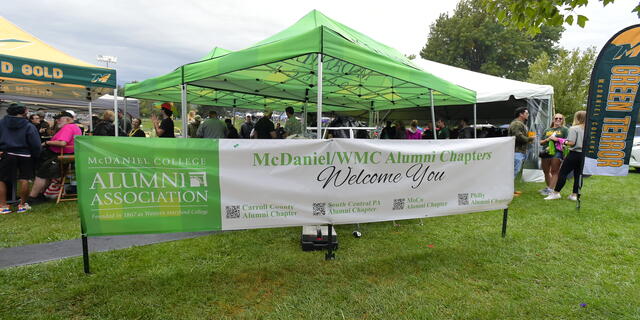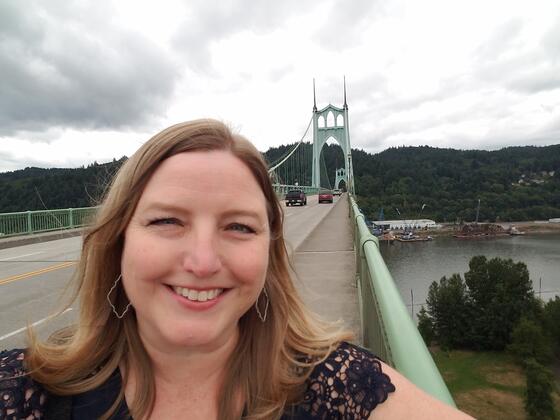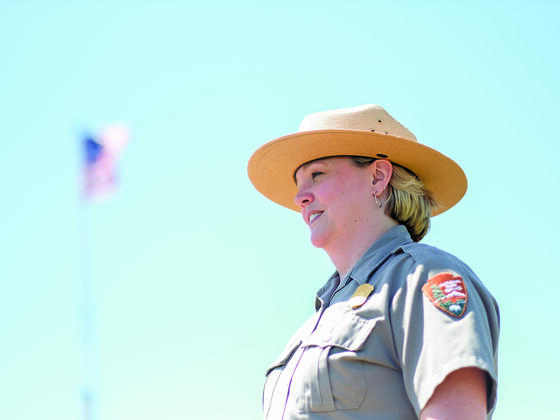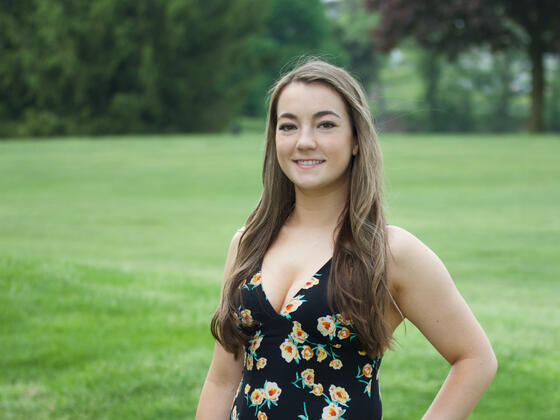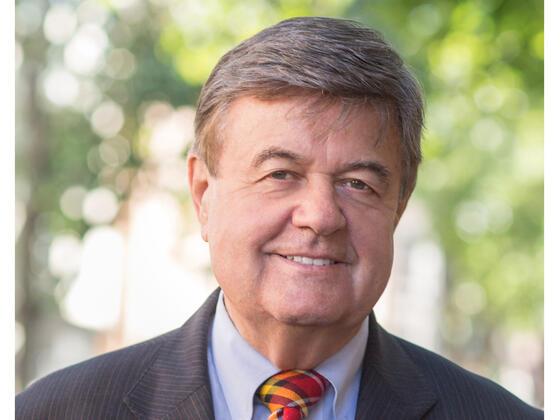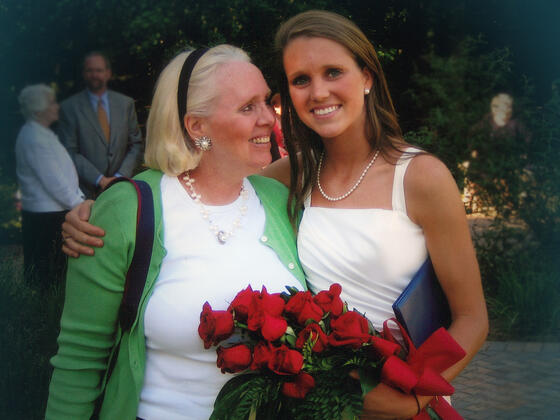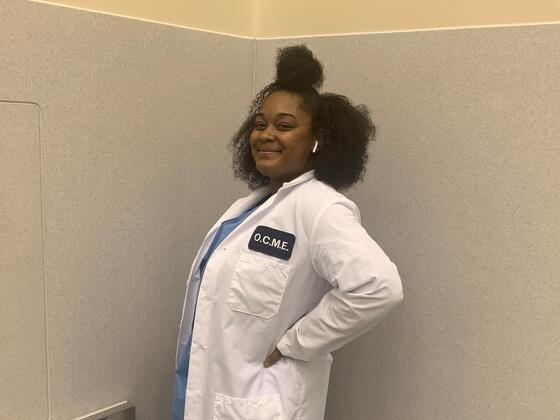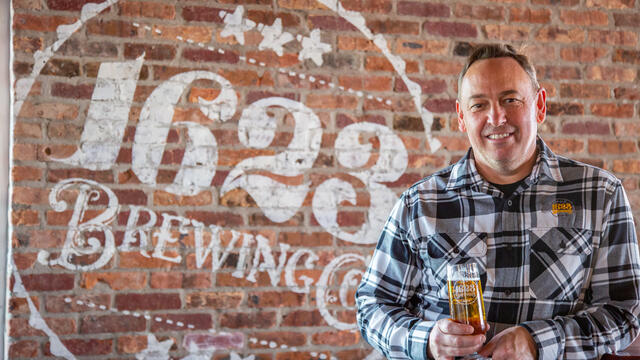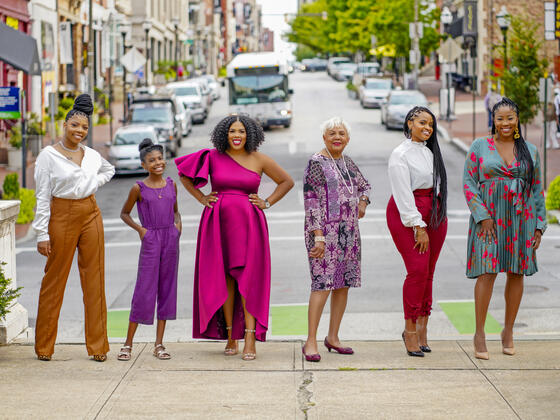There is no more impactful way to give back to McDaniel College than to participate on the Alumni Council, the leadership body of McDaniel's Alumni Association.
The Alumni Association's Officers comprise the Alumni Council, which provides opportunities for enthusiastic alumni to become more engaged with the College and serve its needs.
